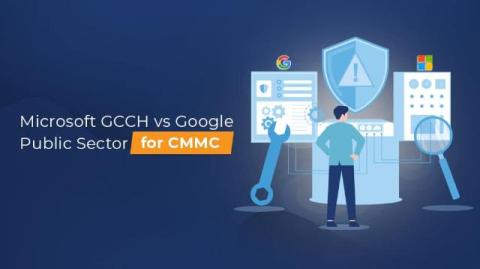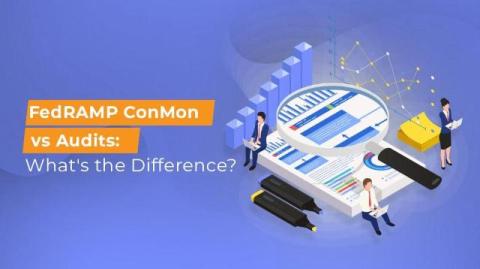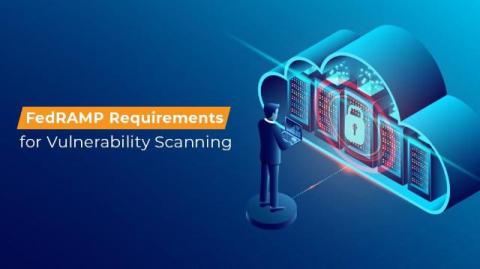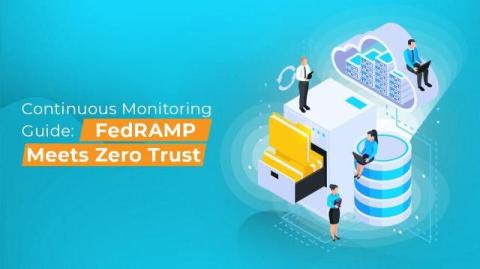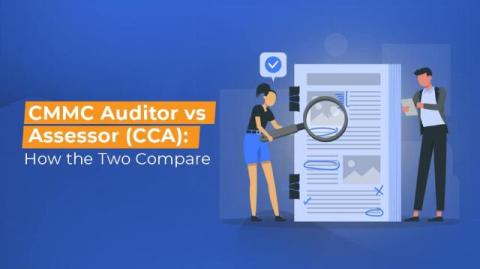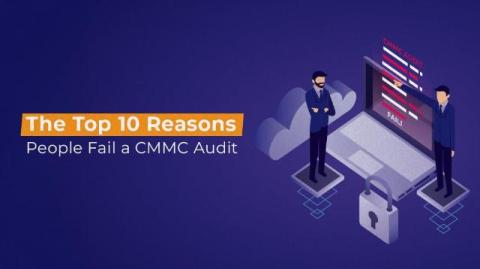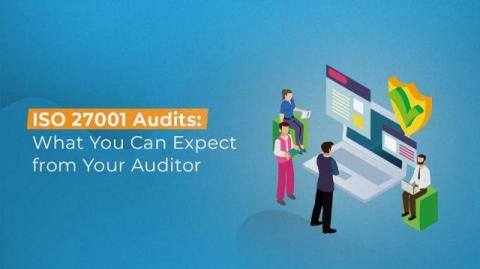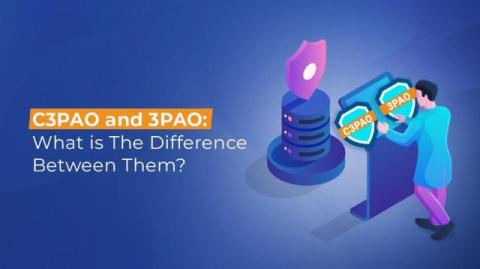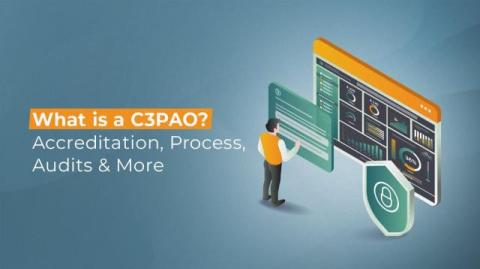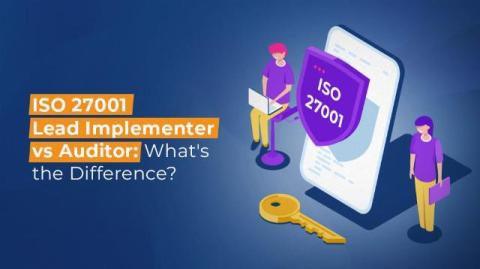Microsoft GCCH vs. Google Public Sector for CMMC
When it comes to overall productivity platforms, collaboration tools, and office suites, the two biggest options dominating the market are the Google G Suite and Microsoft’s Office ecosystem. Whether it’s word processing, team collaboration, IT frameworks, device management, or the entire infrastructure of a business, there’s a pretty good chance one of these two options is going to power the way you operate.


